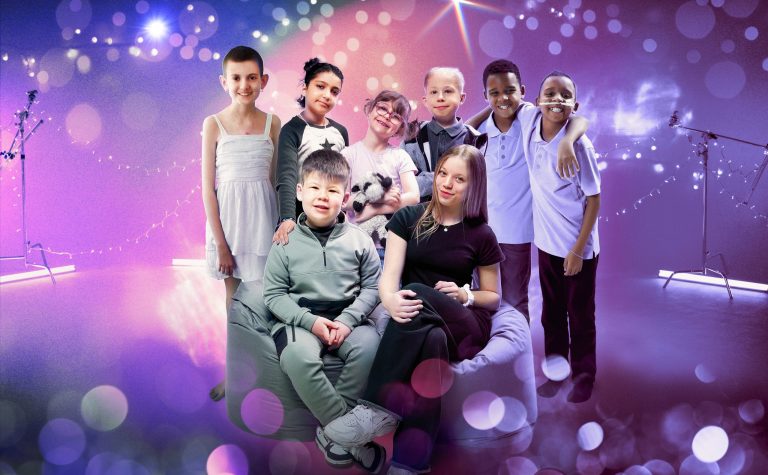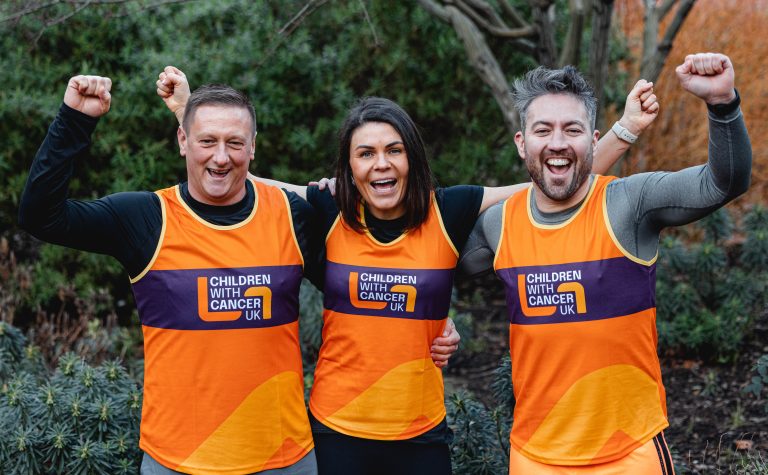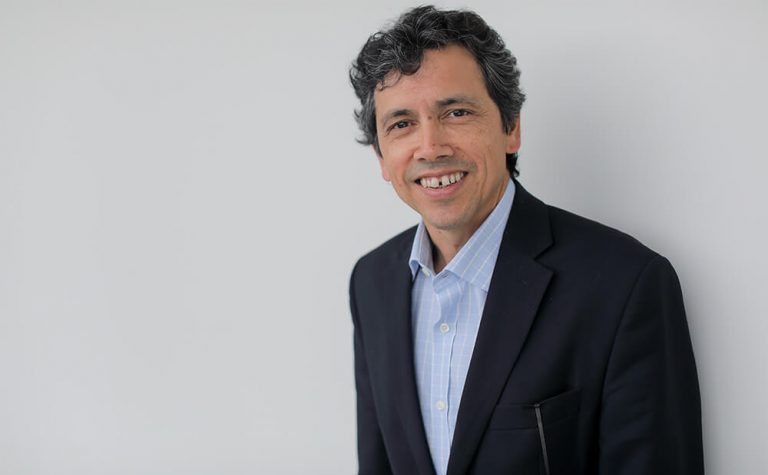The good and the bad news
In the UK more than 80% of children diagnosed with cancer survive at least 5 years, and the majority of survivors are cured. Unfortunately, research investigating the long-term follow-up of survivors indicates that treatments which successfully cure cancer can lead to future serious illnesses in survivors.
By collecting and analysing survivorship data, my research aims to determine which survivors are at risk of developing a serious illness, even decades after cancer treatment.
Where it all began
In the early 2000’s, I established the British Childhood Cancer Survivor Study (BCCSS). This was the first national population-based study to assess health outcomes of childhood cancer and its treatment. Approximately 15,000 survivors were contacted using postal questionnaires and asked to report on all illness they’d experienced since their cancer diagnosis. Additionally, the study investigated 3,000 deaths which had sadly occurred, to investigate the fatal complications of cancer treatments.
My research investigating mortality in childhood cancer survivors, demonstrated that by 50 years from childhood cancer diagnosis 30% of 5-year survivors had died when only 6% were expected to have died from the general population death rates.
Among mature survivors most of the excess deaths were due to new cancers or cardiovascular disease. This provided clear insight into where prevention efforts should be focused.
Following the BCCSS, I established the national Teenage and Young Adult Cancer Survivor Study (TYACSS), developing a database of over 200,000 cancer survivors diagnosed between the age of 15 and 39 years, between 1971 and 2006.
Large-scale population research which assess the long-term health risks in childhood and young adult cancer survivors is vital to provide accurate evidence for:
- Health authorities, like NHS England to guide the intensity of clinical follow-up needed for subgroups of survivors.
- Feeding back to, counselling, educating and empowering survivors
- Developing clinical follow-up guidelines for childhood cancer survivors.
- Preparing “survivorship care plans”.
My research aims to determine which survivors are at risk of developing a serious illness, even decades after cancer treatment.



